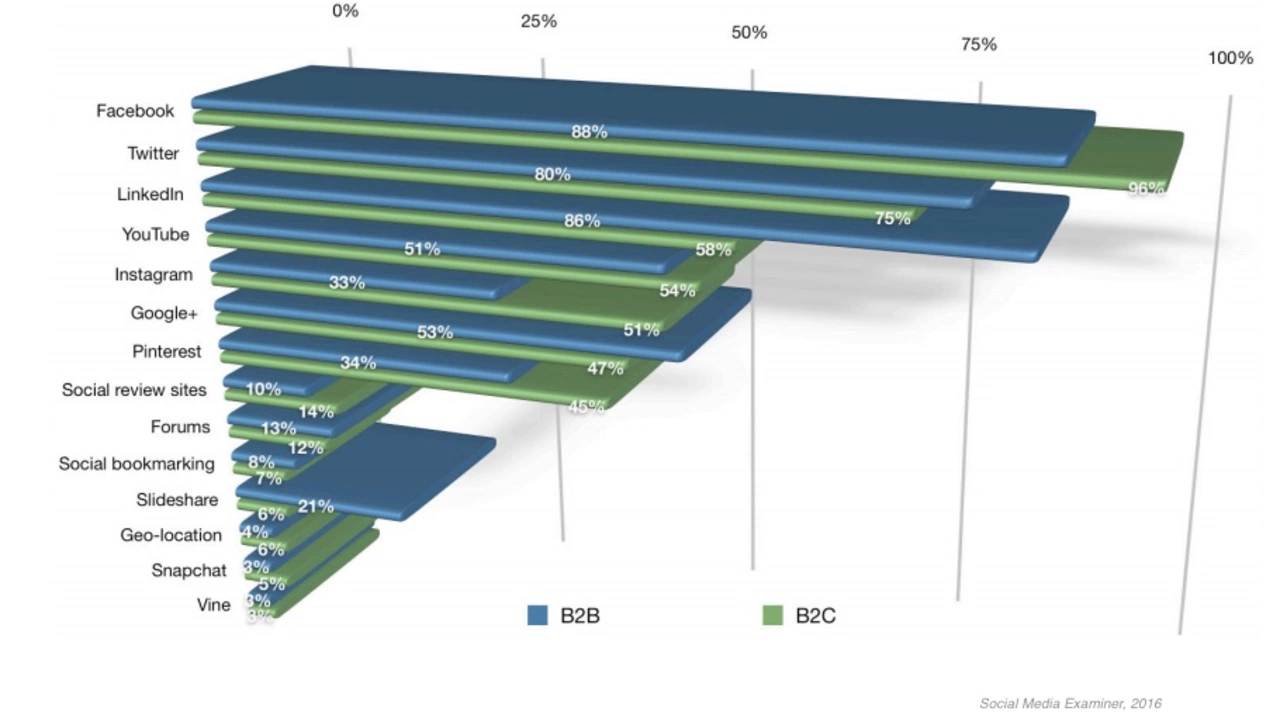Thailand: Practical Travel, Culture & Media Tips
Heading to Thailand? Good call. This guide gives clear, useful tips you can use right away — from money and transport to respecting local customs and staying safe online. No fluff, just what matters on the ground.
Getting there and getting around
Bring some Thai baht for immediate expenses, but use ATMs for better rates once you arrive. Major airports have currency exchange counters and SIM kiosks; pick a local SIM from AIS, True or DTAC for fast data. Download Grab for taxis and deliveries — it’s usually cheaper and safer than hailing random tuk-tuks. For short trips, meter taxis and public minibuses are affordable. For long distances, overnight trains and budget flights save time and money.
Peak tourist season runs roughly November to February — expect more crowds and higher prices. The rainy season runs from May to October, so pack a light rain jacket and quick-dry clothes if you travel then.
Culture, etiquette and safety
Thai people are polite and proud of their culture. Return that respect: remove shoes before entering homes and many shops, cover shoulders and knees at temples, and avoid touching someone’s head. The wai (palms together) is a friendly greeting — you don’t have to perfect it, but try it. Public displays of anger are frowned upon, so keep calm even when frustrated.
Be careful when discussing politics or the royal family — those topics are sensitive. Watch your belongings in busy areas and at night markets; petty theft can happen, but violent crime against tourists is rare. If you use scooters, always wear a helmet and check insurance options. For food safety, eat from busy stalls — turnover means fresher food. Carry basic meds and drink bottled or filtered water if you’re unsure.
Want to see wildlife or nature? Choose accredited tours and avoid attractions that exploit animals. Responsible tourism helps communities and keeps experiences real.
Money, phones and useful habits
ATMs accept foreign cards but notify your bank before travel to avoid blocks. Many places accept cards, but small vendors prefer cash. Bargain politely at markets — start lower but keep it friendly. For photos and social posts, ask before photographing people in private moments or inside certain temples.
To stay informed, follow local English news sources or reliable social accounts for local updates and weather alerts. Use two-factor authentication on social accounts and avoid public Wi-Fi for sensitive logins. If you need help, embassy contacts, local police stations, and hotel staff are ready to assist.
Thailand is easy to enjoy when you plan a bit and respect local rules. Pack smart, stay aware, and you’ll get more out of your trip — whether you’re here for street food, islands, or the city buzz.
What are the most popular social media platforms in Thailand?
In Thailand, social media platforms have become an integral part of daily life. Facebook leads the charge, being the most used platform by Thai people. However, YouTube sees a high usage rate as well, with people frequently using it for entertainment and learning purposes. Instagram is another key player, especially popular among the younger demographic for sharing photos and stories. Lastly, LINE, a messaging app, is also widely used in Thailand for communication, shopping, and even gaming.

 Cricket
Cricket